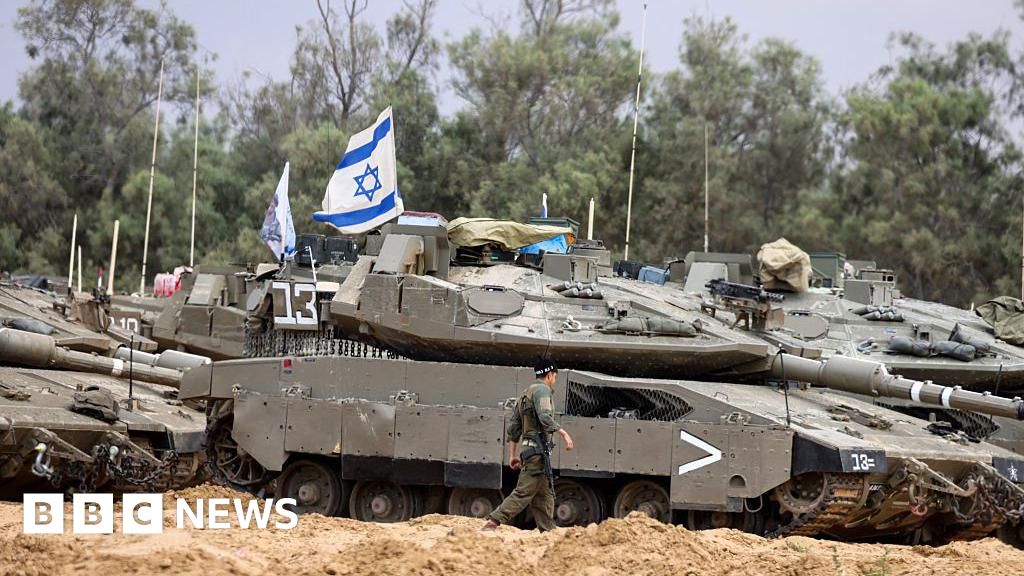Israeli Army Mobilizes Reservists to Intensify Offensive in Gaza Amid Hostage Crisis

The Israeli military has officially commenced calling up tens of thousands of reservists as part of a strategic initiative aimed at escalating its operations in the Gaza Strip. The Israel Defense Forces (IDF) announced that this mobilization is focused on intensifying pressure on Hamas, with dual objectives: securing the return of hostages currently held in Gaza and dismantling Hamas's military capabilities.
This latest military maneuver comes in the wake of a collapsed ceasefire that had briefly halted hostilities between Israel and Hamas. Critics of the Israeli government are now voicing their concerns, arguing that the current offensive has not yielded any guarantees for the release of hostages. Questions are being raised regarding Prime Minister Benjamin Netanyahu's true objectives in the ongoing conflict, with some suggesting that the military operations have taken on a political dimension.
As part of this expanded military strategy, Israeli forces plan to operate in new areas of Gaza, with a specific directive to "destroy all infrastructure" that supports Hamas, both above and below ground. This comprehensive approach indicates a significant shift in tactics. The Israeli security cabinet is anticipated to convene this Sunday to approve further military actions, signifying a potentially significant escalation in the conflict.
Efforts for international negotiations aimed at negotiating a new ceasefire and securing the release of the remaining 59 hostages held by Hamas have so far proven fruitless. Alarmingly, of these hostages, 24 are believed to be alive. Since Israel resumed its offensive on March 18, following the failure of a two-month ceasefire, no Israeli hostages have been freed. This resumption has resulted in the seizure of substantial areas of Gaza, displacing hundreds of thousands of residents.
Israel’s approach has been characterized by a blockade on humanitarian aid, which has been in effect for over two months. Humanitarian organizations have reported dire shortages of essential supplies, including food, water, and medicines. These agencies have condemned the blockade as a policy of starvation, suggesting that it could constitute a war crime, a claim that the Israeli government firmly rejects.
The escalation of military operations raises significant concerns for reservists, many of whom have been called to serve multiple times since the conflict reignited. Their families are also increasingly anxious, urging the government to prioritize negotiations with Hamas. They argue that securing a deal is the only viable path to ensure the safety of their loved ones still in captivity.
Further complicating matters are allegations against Netanyahu from both families of hostages and political opponents. They accuse him of undermining negotiations in favor of prolonging the war, which they claim may serve his political agenda. Despite these accusations, he has consistently denied any wrongdoing or ulterior motives. As the conflict stretches into its 19th month, Netanyahu has yet to propose a comprehensive post-conflict plan, leaving many to wonder what lies ahead for both Israel and Gaza.




























